When winter comes, it brings with it some difficulties for drivers. Especially those with diesel-powered vehicles may experience more problems than those with gasoline-powered vehicles. There are many reasons for this difference. So, what should those with a diesel engine do in winter?
Properties of diesel fuel, There are different methods of dealing with problems arising from the operating principles of the engine and the effects of cold weather on the engine.
If you too when purchasing a vehicle If you have chosen a diesel car but want to take good care of your car in summer and winter, you can keep some of the points we will give in mind. So, let’s first look at why diesel fuel differs from gasoline and then move on to usage recommendations.
What is the difference between diesel and gasoline engines?
Engines, the heart of vehicles, work differently in diesel and gasoline cars. The main difference between the two is is how the fuels are ignited. Gasoline engines work by igniting fuel mixed with air with a spark plug and at a relatively low compression ratio.
diesel engines It injects the fuel directly into the combustion chamber, and thanks to the high compression ratio, the air heats up spontaneously and ignites the fuel. This difference occurs in cold weather conditions performance of diesel engines It is one of the main reasons that affects gasoline engines more than gasoline engines.
How does cold weather affect diesel engines?
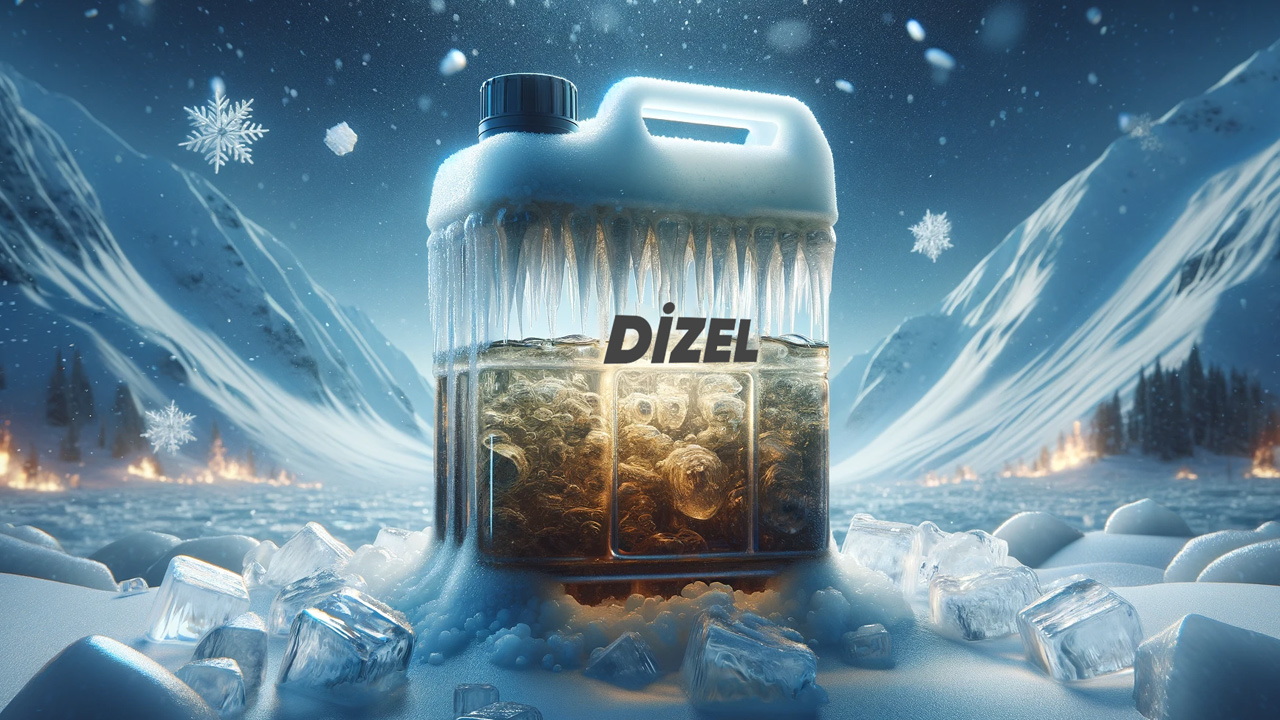
- Viscosity of fuel
- air compression
- Battery performance
- Paraffin crystallization
- glow plug
Viscosity of fuel
diesel fuel, It has a structure whose viscosity (resistance to flow) increases in cold weather conditions. This situation, reduces the fluidity of the fuel and may damage the engine’s fuel system. In particular, it can have negative effects on fuel pumps and injectors, preventing the engine from working properly.
air compression
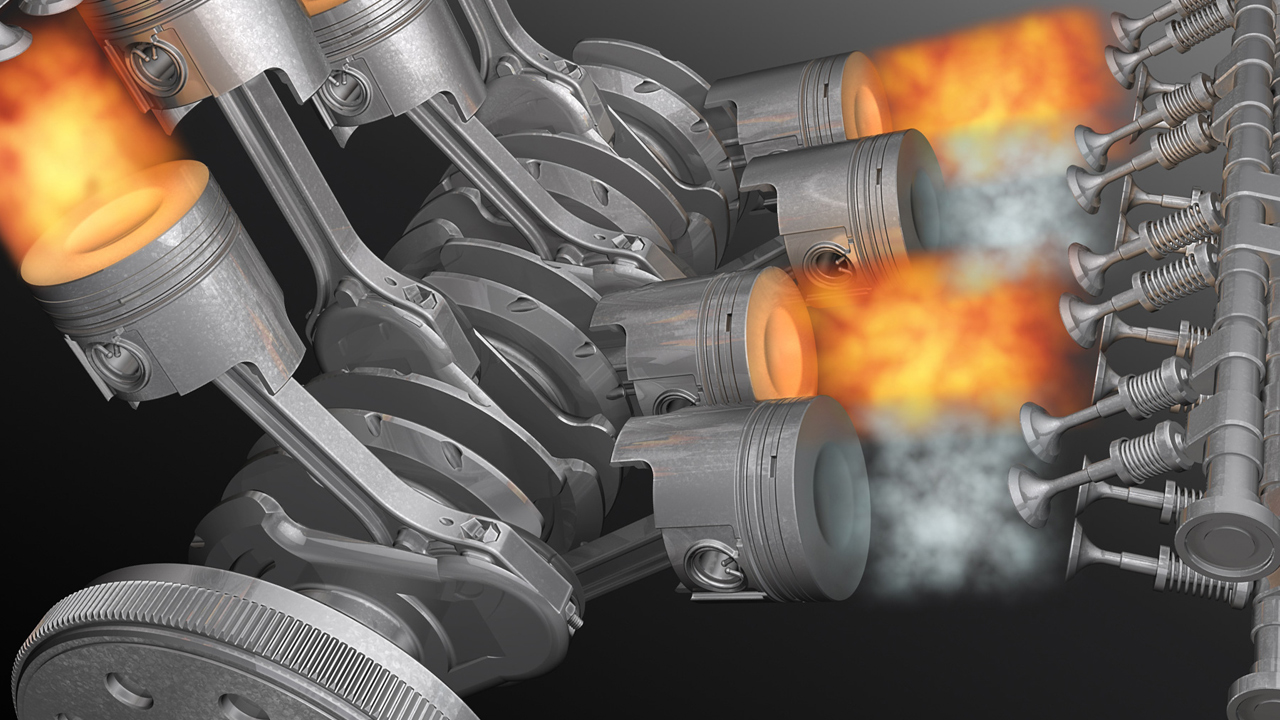
The ignition process of diesel engines depends on the temperature of the compressed air. There is no spark in ignition as in gasoline. hot weather is used. As the air is compressed, it heats up and a much higher compression ratio occurs at the point where it becomes hot for ignition. This makes it difficult for the starter motor to operate and electrical energy increases.
Battery performance
Cold weather also reduces the amount of energy stored by the battery. Since diesel engines have higher compression ratios than gasoline engines, need more power they hear. This can make it difficult to start diesel vehicles in cold weather. Because it puts more load on the battery.
Paraffin crystallization
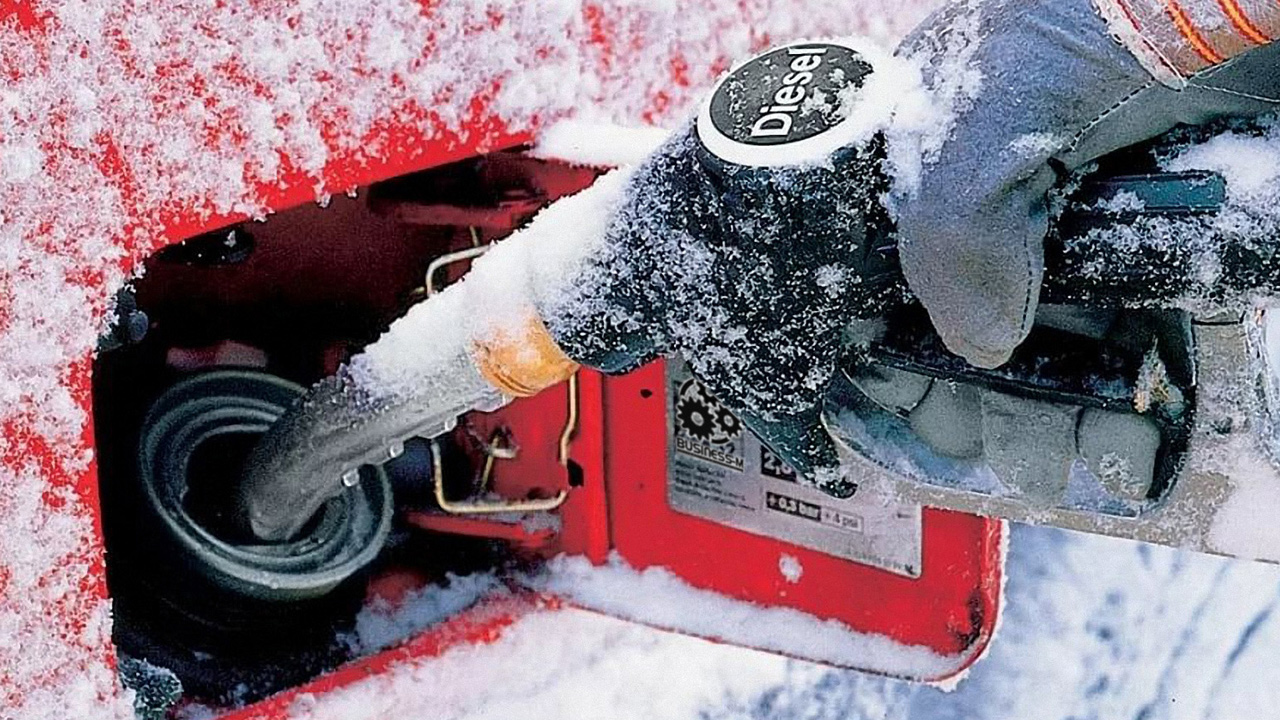
Diesel fuel tends to crystallize in cold weather conditions paraffin Contains. These crystals can clog the fuel filter and block fuel flow, stopping the engine from starting.
glow plug
Many diesel engines are preheated to aid in starting. glow plugs uses. Starting the engine cold without giving the spark plugs appropriate time to warm up will cause the spark plugs to fail.
Tips for using a diesel engine in cold weather

- Turn your heaters on.
- Improve and fill up your fuel.
- Choose the ideal engine oil.
- Check your battery.
- Use suitable tires.
- Change filter and antifreeze.
- Leave your vehicle in a protected place.
Turn your heaters on.
Engine heaters allow the engine and engine oil to pre-heat, allowing easier operation and reducing the risk of wear. That’s why you need to spend a certain period of time before using the tool. must be activated.
While it is important for the comfort of the driver and passengers to preheat the cabin heaters for in-vehicle comfort. fogging of interior windows It also prevents.
Improve and fill up your fuel. (As much as possible in this era.)
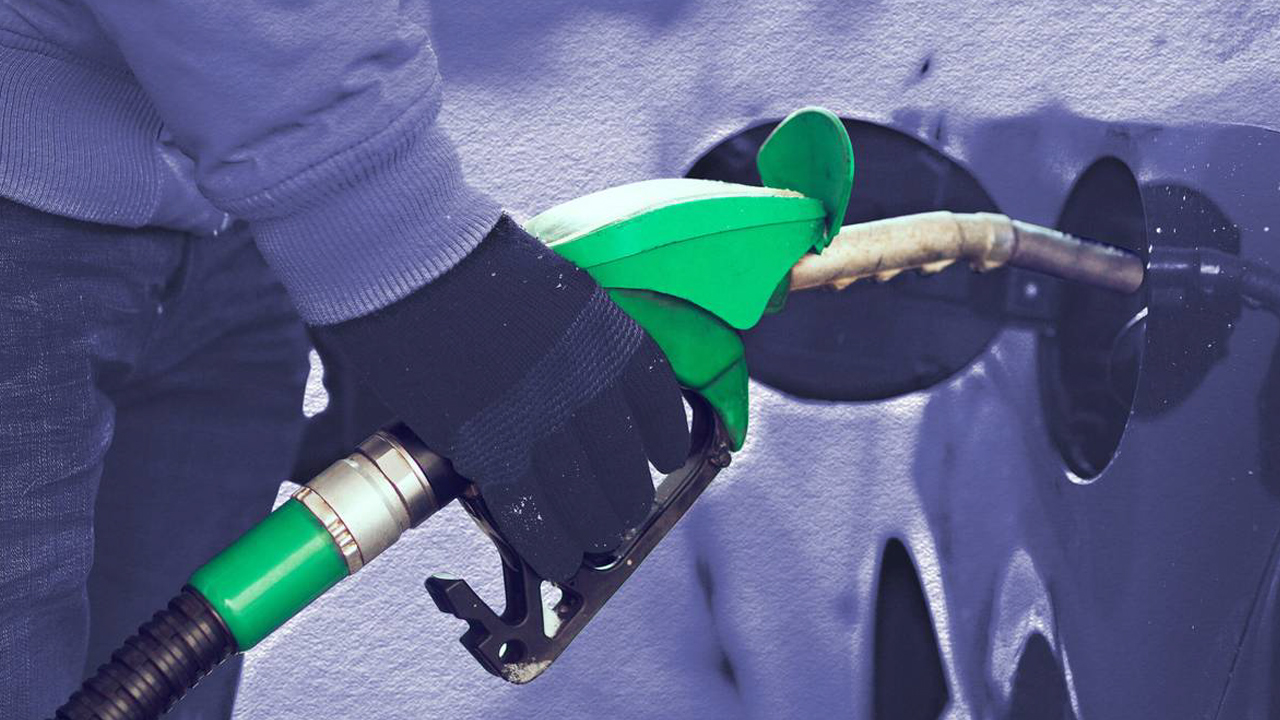
Designed for use in winter, especially in cold regions winter diesel fuel should be used. These fuels perform better at lower temperatures and reduce the risk of freezing.
Lowers the freezing point of diesel fuel One of the precautions to be taken is to use additives that prevent paraffin crystallization in the fuel system. By using these, you can improve fuel flow by preventing the fuel filter from clogging.
Finally, clean your fuel tank to prevent gelled fuel from causing problems in cold weather. Be careful to keep it full. Especially the winter diesel fuel you use will also reduce the risk of freezing.
Choose the ideal engine oil.
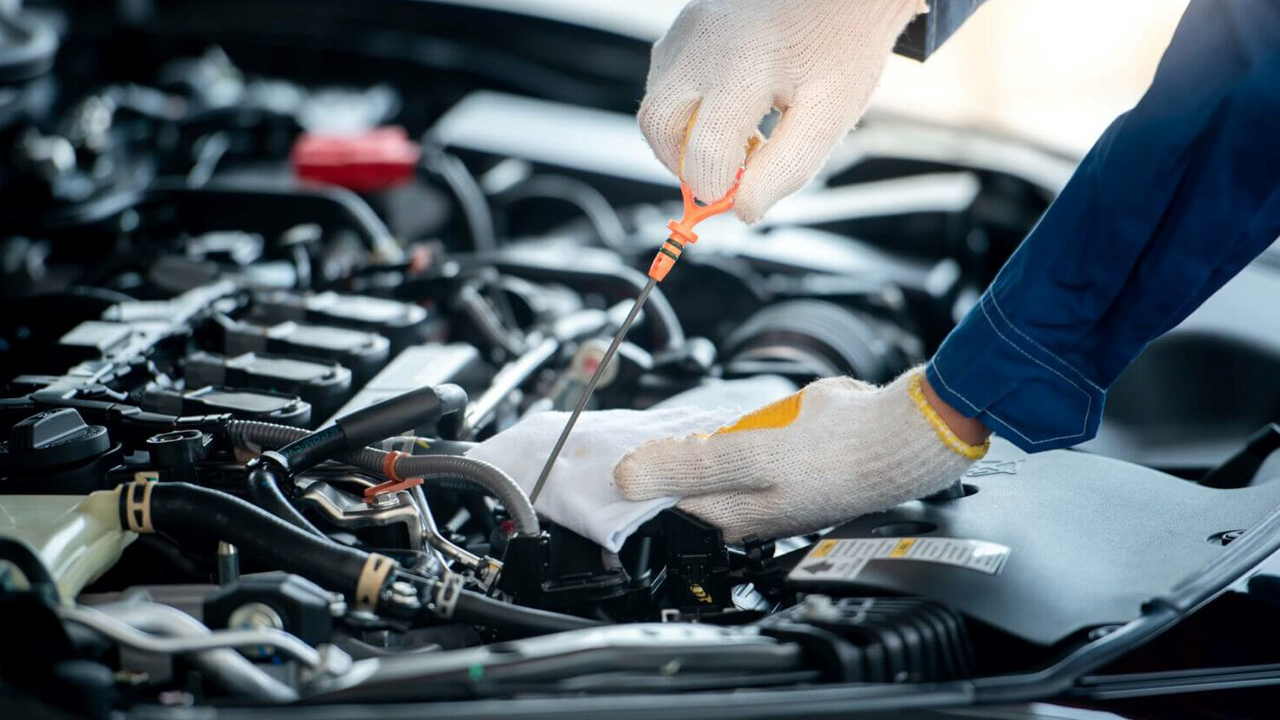
Especially for cold weather a light engine oil You can pass. This means taking good care of your engine at this stage, as it will need adequate lubrication when it starts. You can choose light engine oils recommended by the engine manufacturer.
Check your battery.
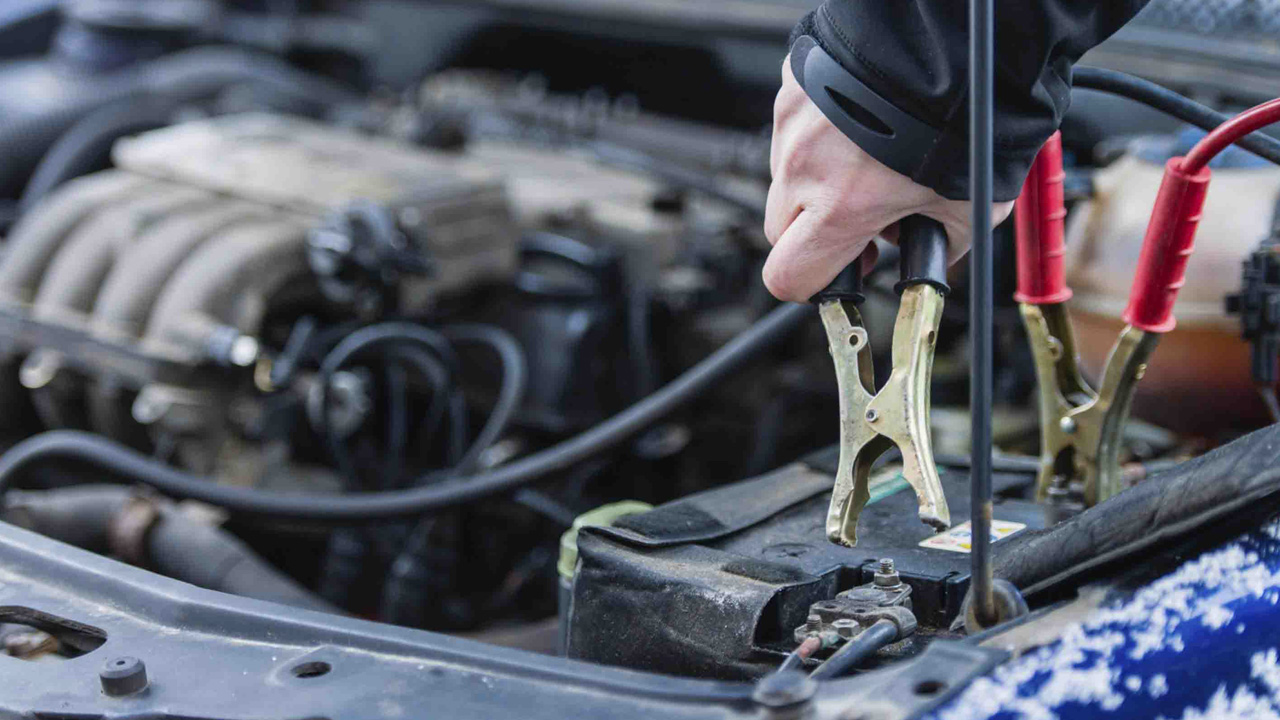
Cold weather can significantly reduce battery performance. Before the winter season begins check the condition of the battery and install a new one if necessary. Also make sure the battery terminals are clean and tight.
Change filter and antifreeze.
Fuel and air filters Keeping it clean and functional is critical for the engine to operate efficiently. These filters may need to be checked and replaced if necessary before the winter season.
To reduce the risk of freezing of the cooling system, antifreeze level and quality should be checked. If necessary, antifreeze should be added or should be replaced.
Use suitable tires.
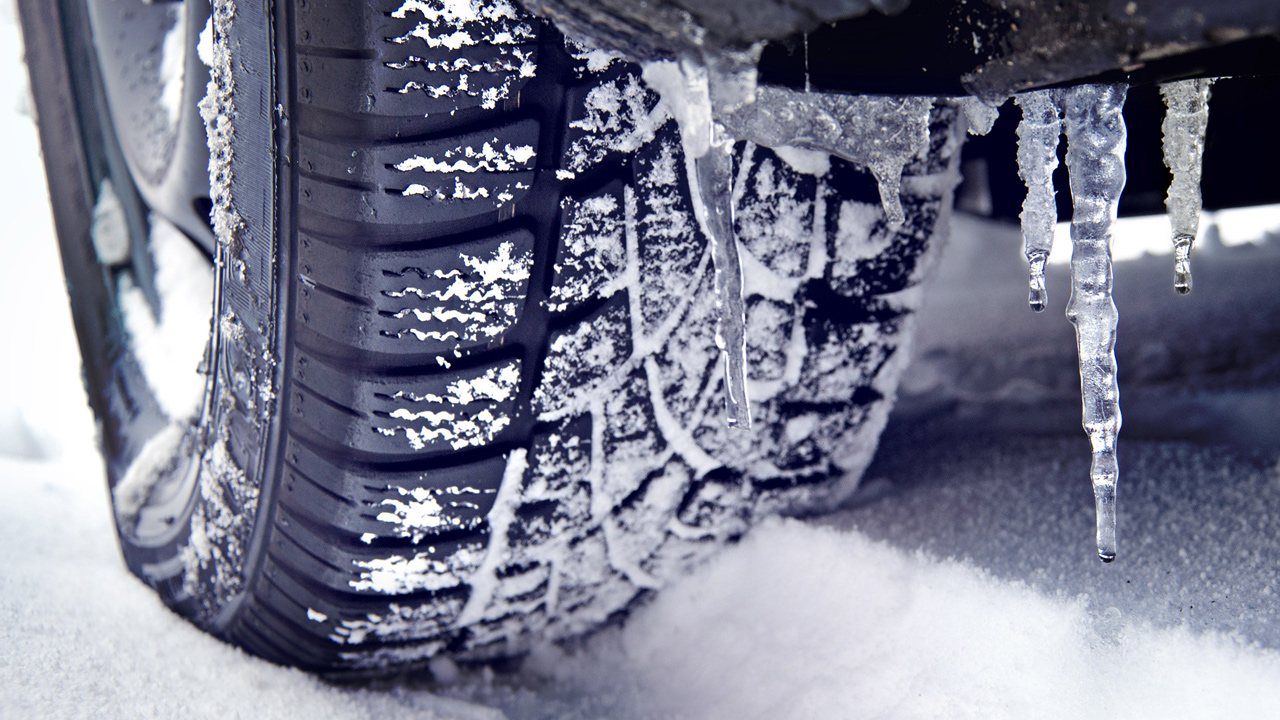
Provides better grip on snow and icy roads in winter winter tires transition must be made. You should remember that winter tires have a compound that performs better in cold weather conditions.
Additionally, cold weather can reduce tire pressure. Regularly check tire pressures and adjust to manufacturer recommended levels.
Leave your vehicle in a protected place.
A sheltered location can be better for your vehicle in every way. The wind to the engine, Will not blow snow and ice Parking somewhere will make a difference when starting your vehicle.
How to start a diesel engine in winter?
No matter how much precautions you take, it is still useful to follow some steps before starting your vehicle. If your vehicle is automatic “Park” in manual mode “idle” Make sure it is on and turn the ignition switch or press the start button while lightly pressing the accelerator pedal. Do not pump the gas pedal too much to avoid flooding the engine.
If you have a diesel engine vehicle, you can ensure a safer and more comfortable driving experience by taking these precautions. Keep your vehicle safe by minimizing the possible effects of cold weather on the engine and fuel system. You can prepare it for winter conditions.
If you are looking for something better for your cars:
RELATED NEWS
12 Points to Make Sure There Are No Problems with Your Vehicle Before Going for Vehicle Inspection
RELATED NEWS
Does Ceramic Coating on Cars Really Work, or Are We Wasting Money Unnecessarily?
RELATED NEWS
If You Drive a Car with Automatic Transmission, Don’t Make These 10 Mistakes!
RELATED NEWS
Don’t Do These 7 Moves When Driving a Manual Transmission Car!
RELATED NEWS
